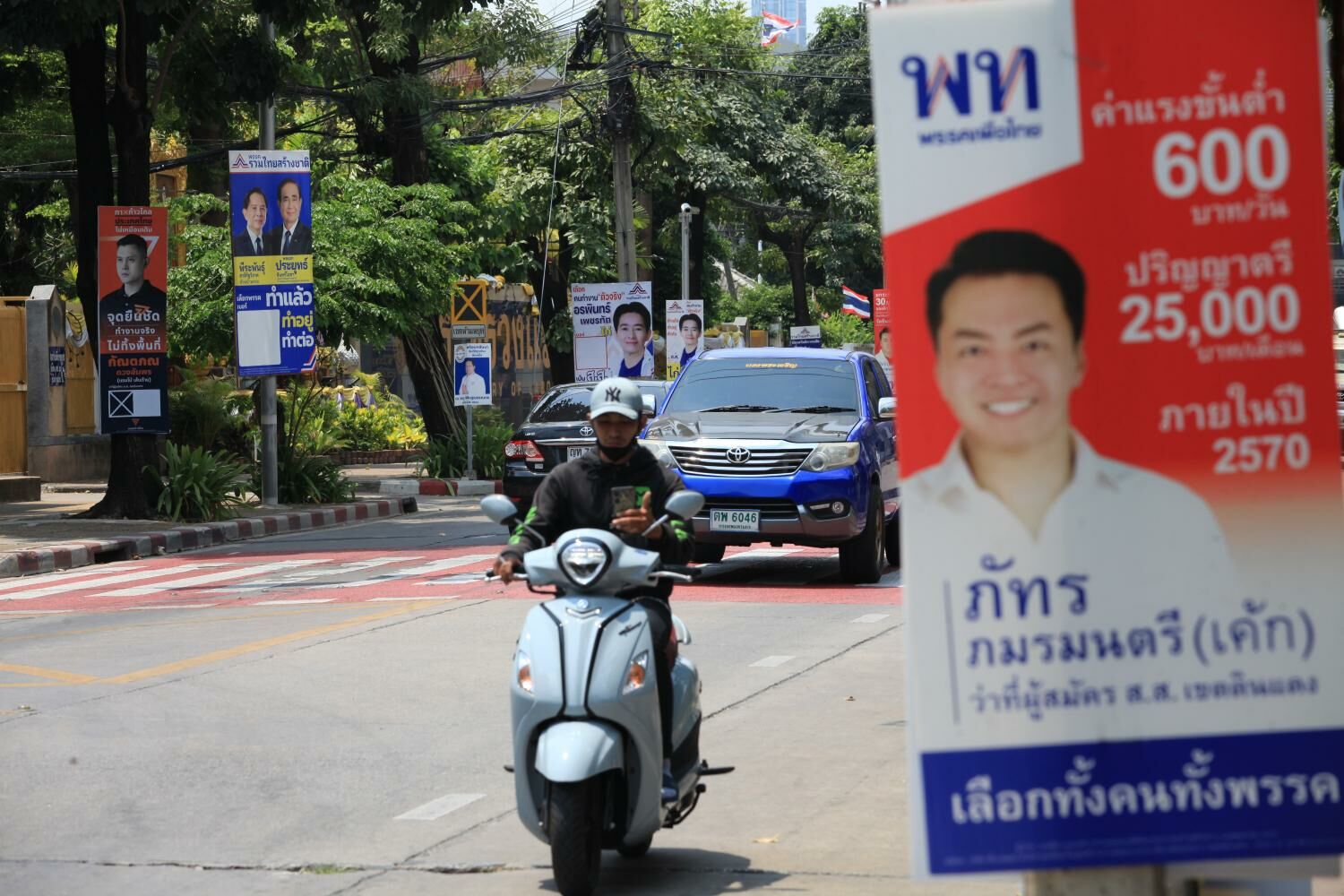Thai businesses fear cost surge due to minimum wage hike

Businesses in Thailand are bracing for a potential increase in operating costs, following the government’s proposition to raise the daily minimum wage to 400 baht (US$11) within the year.
The Federation of Thai Industries (FTI) has expressed its concern over the implications of this wage hike, particularly on small and medium-sized enterprises (SMEs), which are currently grappling with elevated interest rates and household debt, Montri Mahaplerkpong, FTI’s vice chairman.
“The daily wage should remain unchanged, in line with the tripartite wage committee’s decision.”
The aforementioned committee, comprising representatives from the government, employers, and employees, had resolved to adjust the wage by an average of 2.37%, or by 2 to 16 baht per day, a decision that commenced on January 1 this year.
Prime Minister Srettha Thavisin, however, suggested that the current wage increase is insufficient for some workers, particularly those in the Deep South, prompting a call for a more substantial wage adjustment that could occur more than once annually, reported Bangkok Post.
The FTI has warned that a rapid wage increase might lead to severe repercussions for SMEs, with some potentially facing closure. The federation further commented that the wage increase would have minimal impact on the Thai economy, as migrant workers, who stand to benefit from the wage hike, typically spend only half of their earnings in Thailand, remitting the rest to their home nations.
The FTI is also monitoring potential increases in illegal migrant workers from Myanmar, following the junta government’s attempts to fortify its military conscription plan in response to anti-government insurgency. It is anticipated that numerous individuals from Myanmar might cross into Thailand to evade conscription and seek employment.
In a related development, the FTI disclosed that Thailand’s Industries Sentiment Index (TISI) witnessed a rise in January, ascending to 90.6 points from 88.8 the prior month. This increase has been attributed to higher consumption, spurred by government initiatives such as the Easy E-Receipt scheme offering tax rebates of up to 50,000 baht, visa-free policies for certain foreign visitors, and increased spending in the run-up to the Chinese New Year festival in early February.
The TISI figures were derived from a survey conducted among 1,331 entrepreneurs from 46 industry clubs under the FTI. The survey results revealed a prevailing concern over a global economic slowdown, with 82.5% of respondents citing this as the top negative factor. This was followed by high loan interest rates (73.7%) and fluctuating fuel prices (50.1%).
Latest Thailand News
Follow The Thaiger on Google News:


























